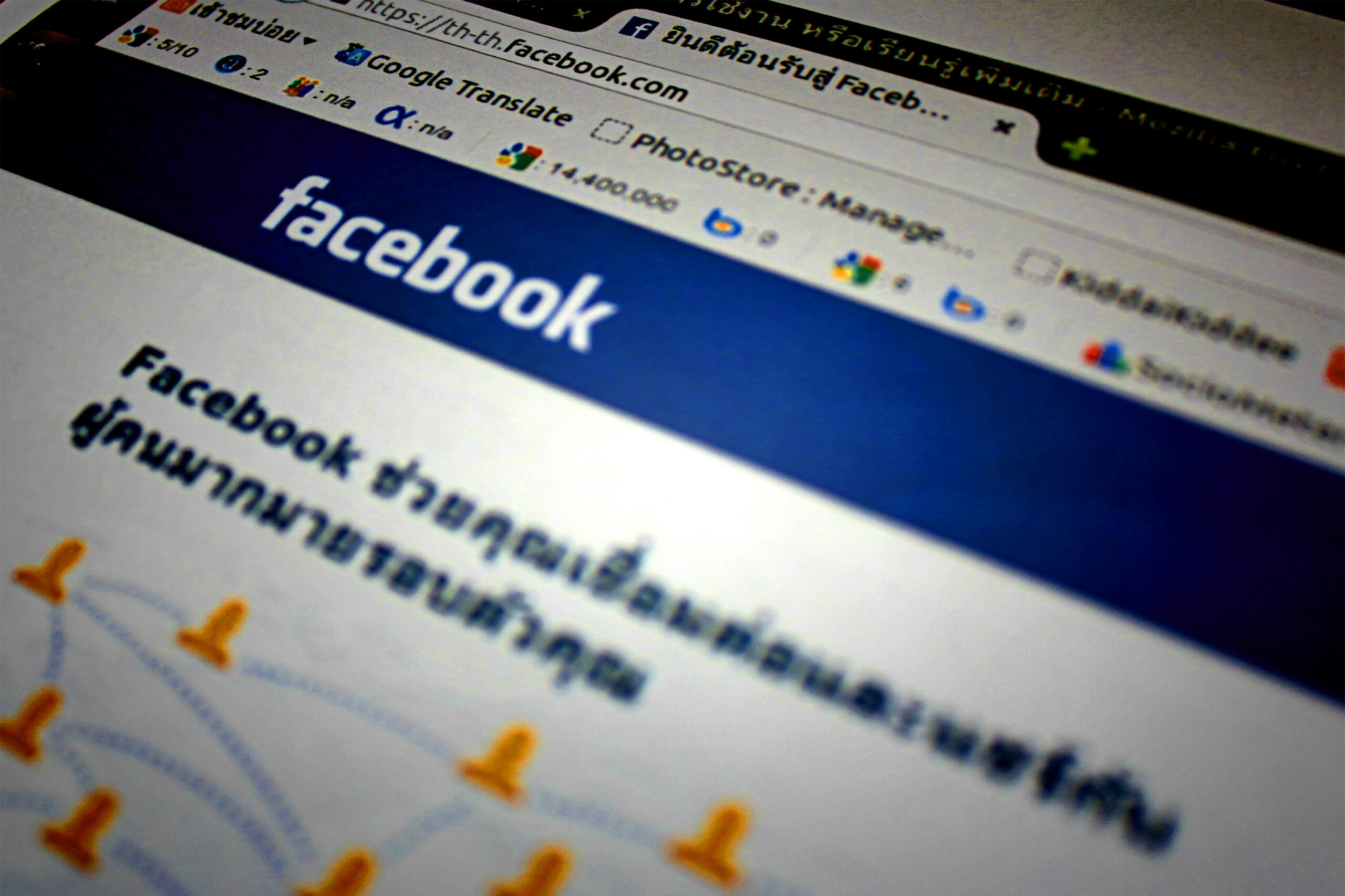How many of us wake up in the morning, pick up our smartphones, and turn to Facebook? Ok, maybe you wait until you get to work or get a cup of coffee. In any case, if you look at Facebook daily, you’re not alone. There are more than 2.13 billion active Facebook users worldwide and 1.40 billion of them log on daily, according to Zephoria’s February 2018 update on Facebook statistics.
With so many of us checking in on our newsfeed regularly, it’s no surprise that Facebook’s influence on the news is huge and fraught with controversy. Here we consider how Facebook users are shaped by — and help to shape — the news.
Facebook’s power to affect politics and your emotions.
The mainstream media notoriously underestimated Donald Trump’s possibilities for winning the presidency in the weeks and months leading up to the 2016 election. And during that time, so much conspiracy and misinformation circulated on Facebook, that some observers wonder if Facebook should not shoulder some blame for allowing or missing fake news.
One such story, found in the “Trending News” section of Facebook in September from fictional WTOE 5 News, claimed that Pope Francis had endorsed Trump. Another from the fake Denver Guardian, published just days before the election, claimed that an FBI agent connected to leaks of Clinton’s emails was involved in a murder-suicide, the Deseret News reported shortly after the election, and they drew connections between the great influence Facebook could potentially have on voters, and the emotional effect it proved to have just a few years earlier.
For a week in 2012 Facebook “tinkered with users’ emotions,” according to a 2014 NY Times article. Whether Facebook was justified in its experiment or not, the results showed pretty convincingly, and not particularly surprisingly, that when shown negative content in their newsfeed, people felt worse, and when shown positive content, they felt better.
Is Facebook’s news really news?
Although Facebook is not a news site, it provides a forum for people to share the stories that excite and titillate, inflame or give smiles. Perhaps a problem is that hard news stories have to compete with weddings and funerals, cat pics and endless fun activities like seeing what you’d look like if you were a person of the opposite sex. Yet, is that so different from traditional news outlets?
“Entertainment was beating up on news long before Zuckerberg was born,” this Atlantic article reminds us. “The back sections of the newspaper have long cross-subsidized the foreign coverage of the A-section.” However, in traditional print, even if we bought the paper for the funnies or sports, we could hardly fail to notice what the publishers had decided were the day’s headlines.
With Facebook, we train our newsfeed to show us what we want to see, by liking, commenting and sharing, so we have the power to make our newsfeed truly newsy. “You can hide your most frivolous friends, follow the Facebook page of every national newspaper, and share every NBC News link that comes your way,” The Atlantic reminds us. “But you don’t.”

Why not?
Now, Facebook is looking to better identify what is actually “news” by establishing a curated “breaking news” tab in Watch. It will feature content generated by Facebook’s news partners, and Facebook and those partners will split any revenue. That’s important, because you can’t just give content away. (Does GM give you a free car?) You somehow have to monetize it, while at the same time facing up to the perceived responsibility social media has for somehow mitigating news trolls…
Do you want to be a maker of news instead of just a consumer? Check out NYFA’s Broadcast Journalism program to learn more.